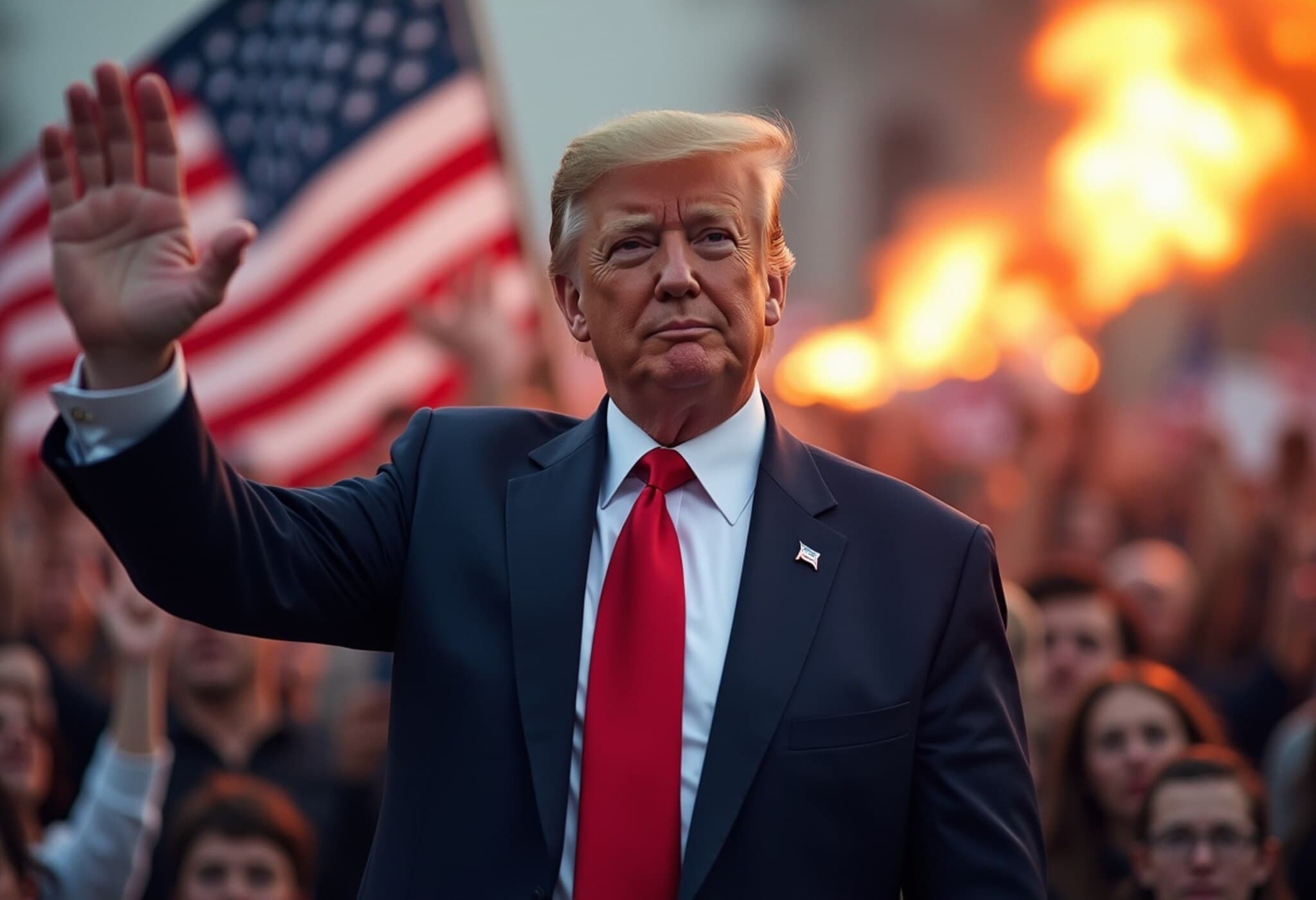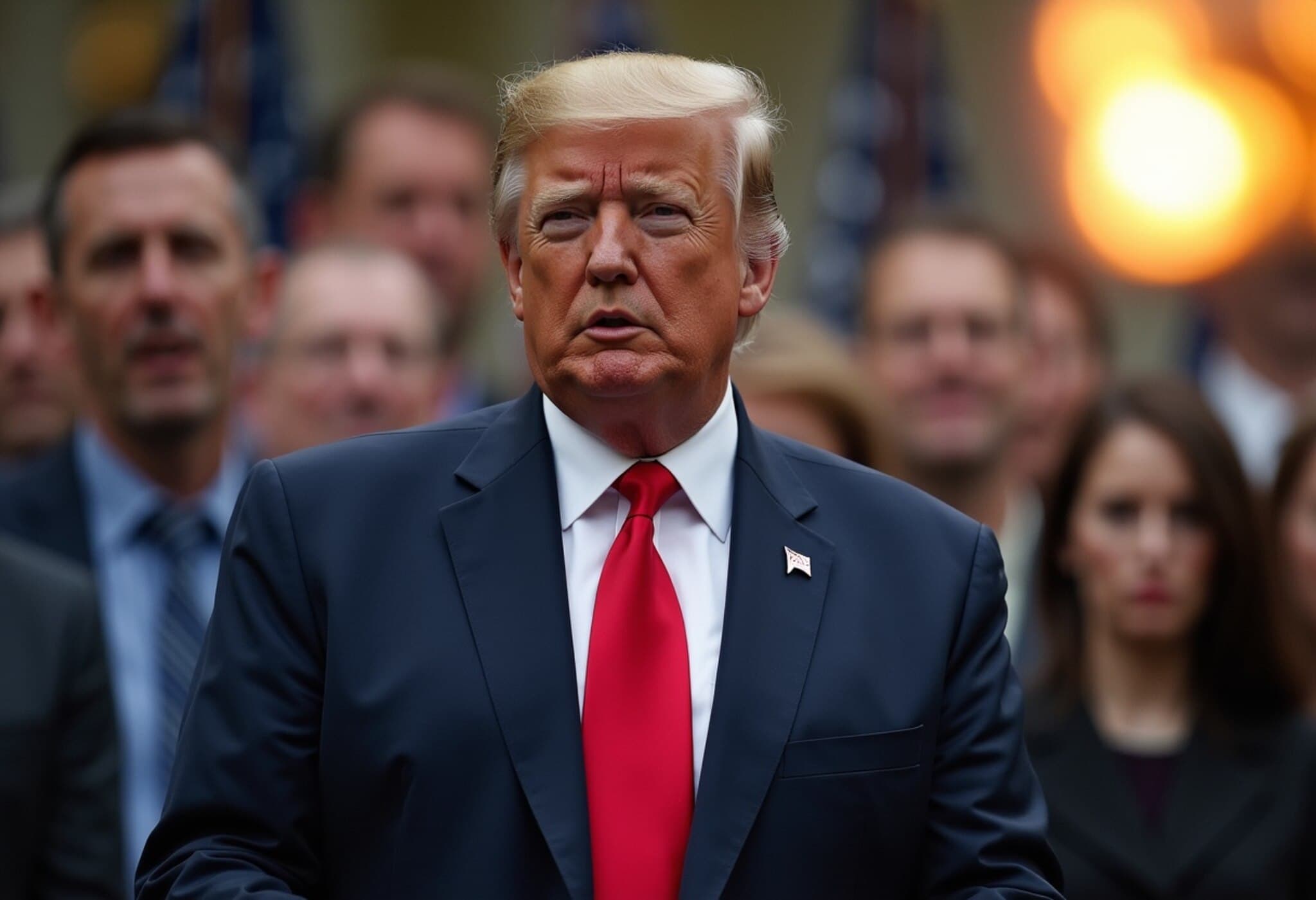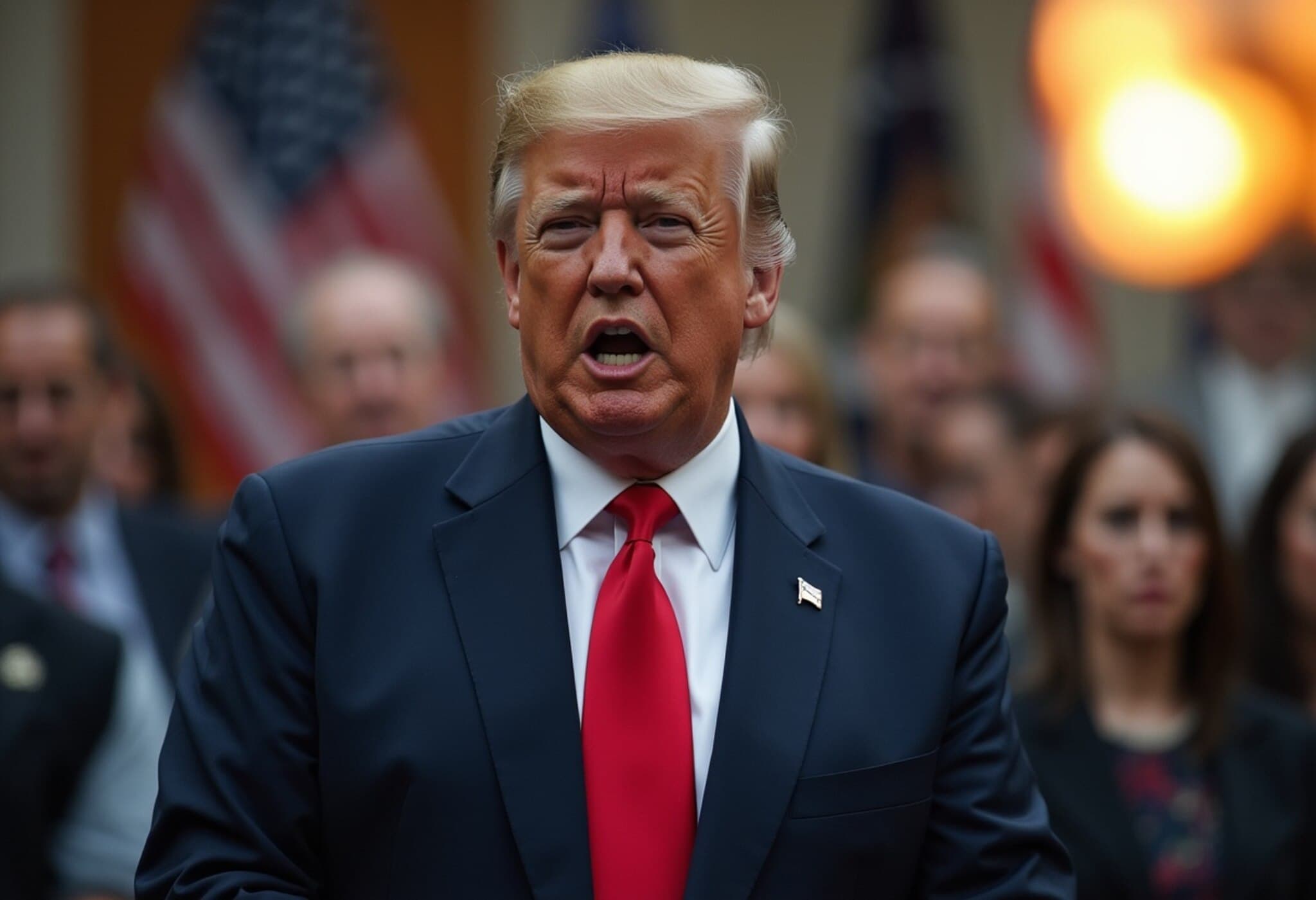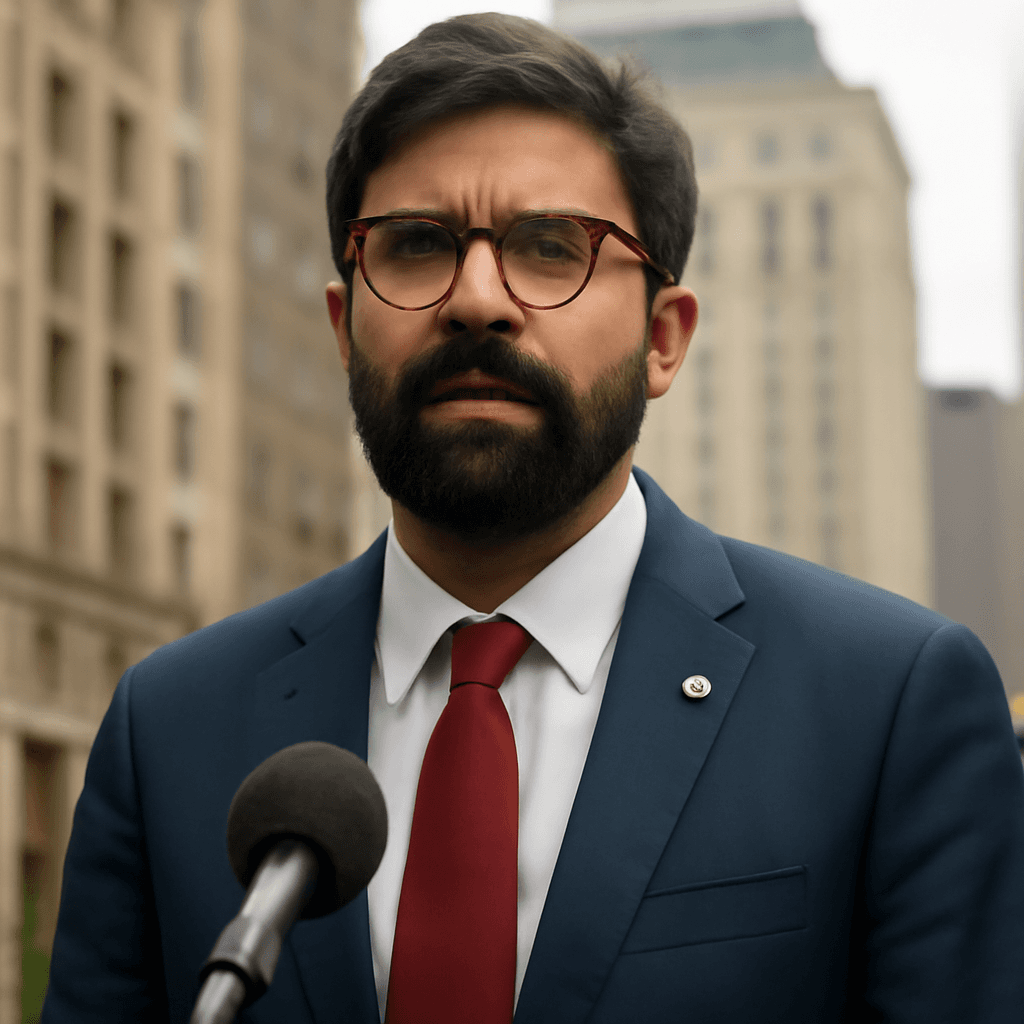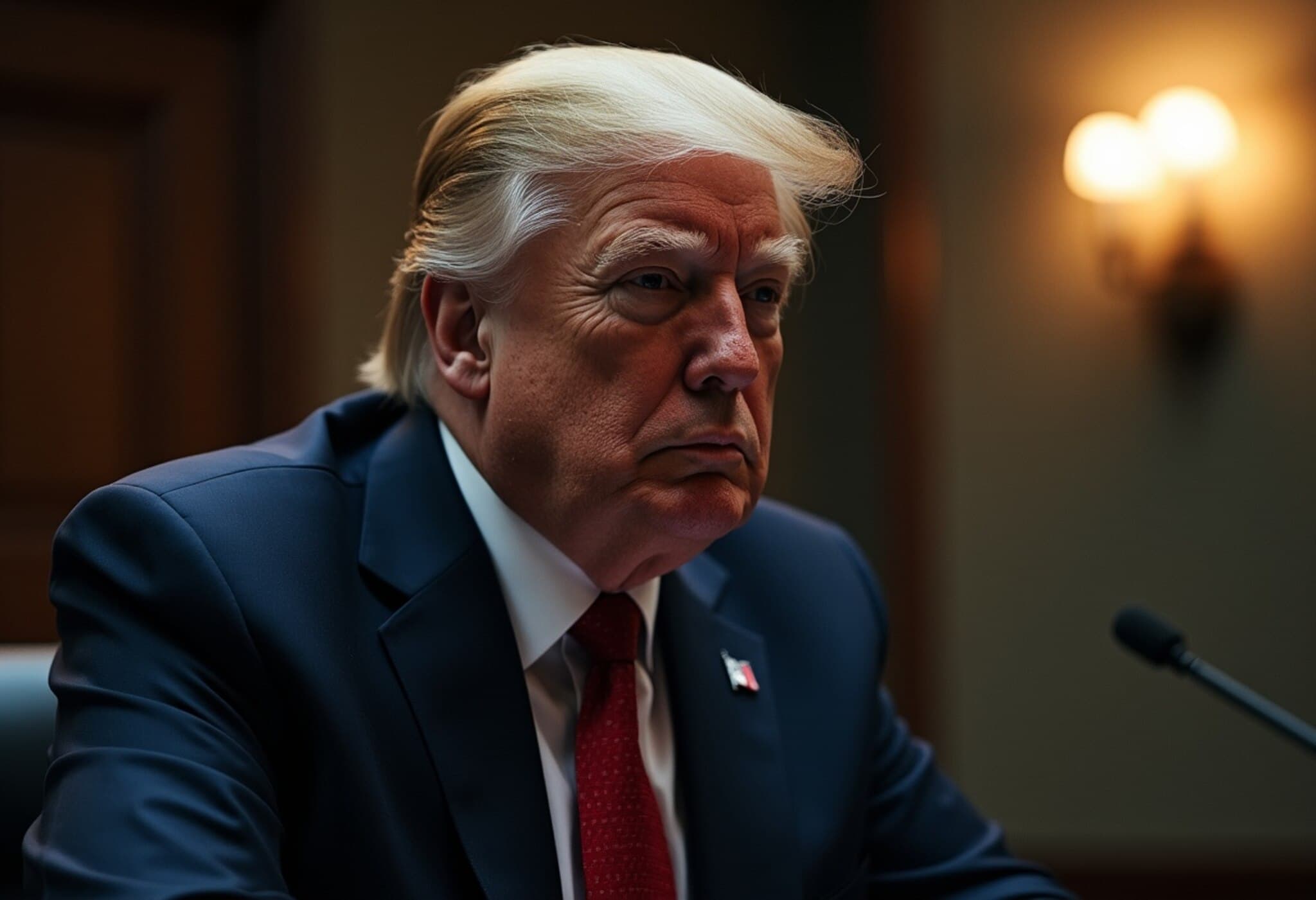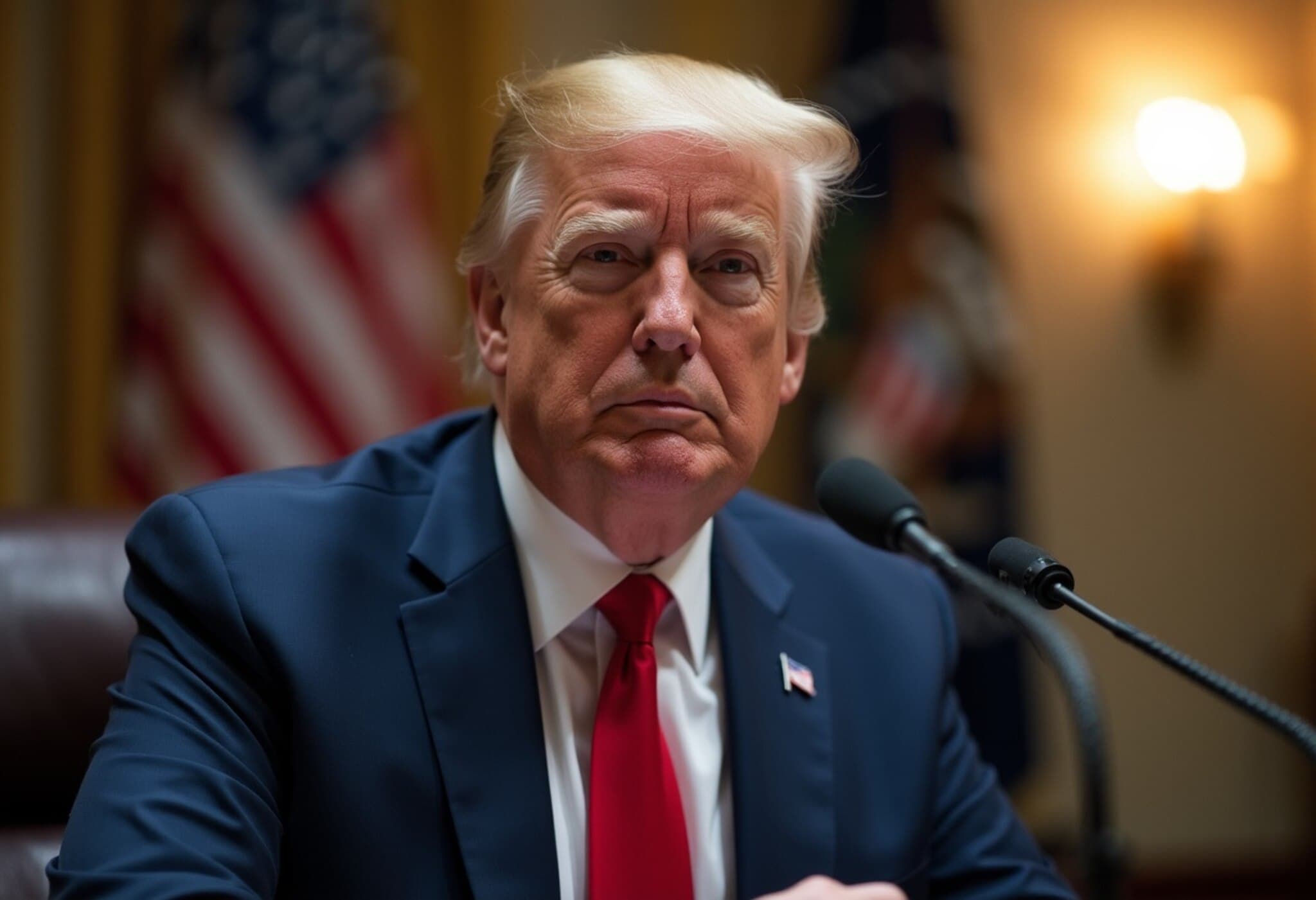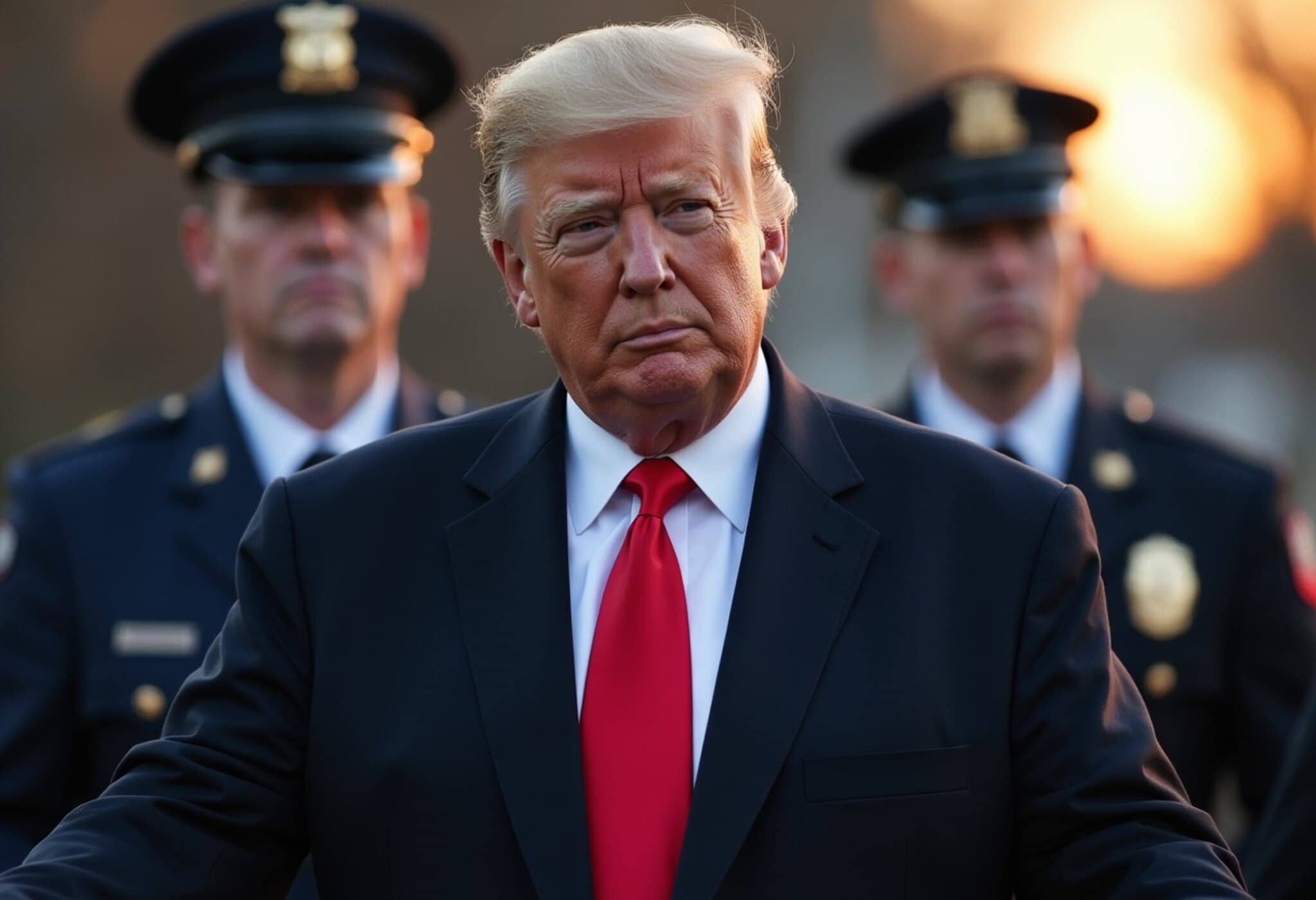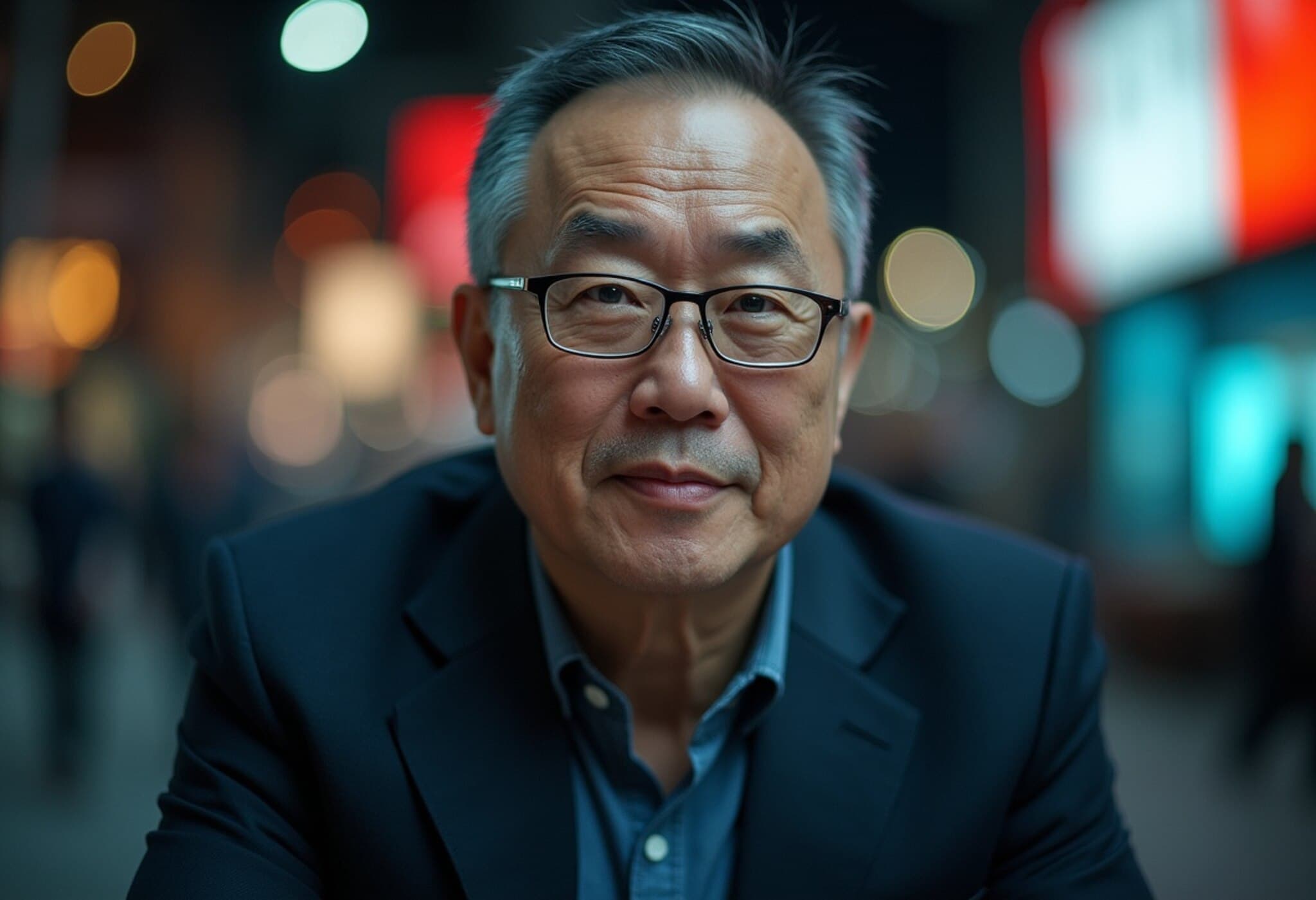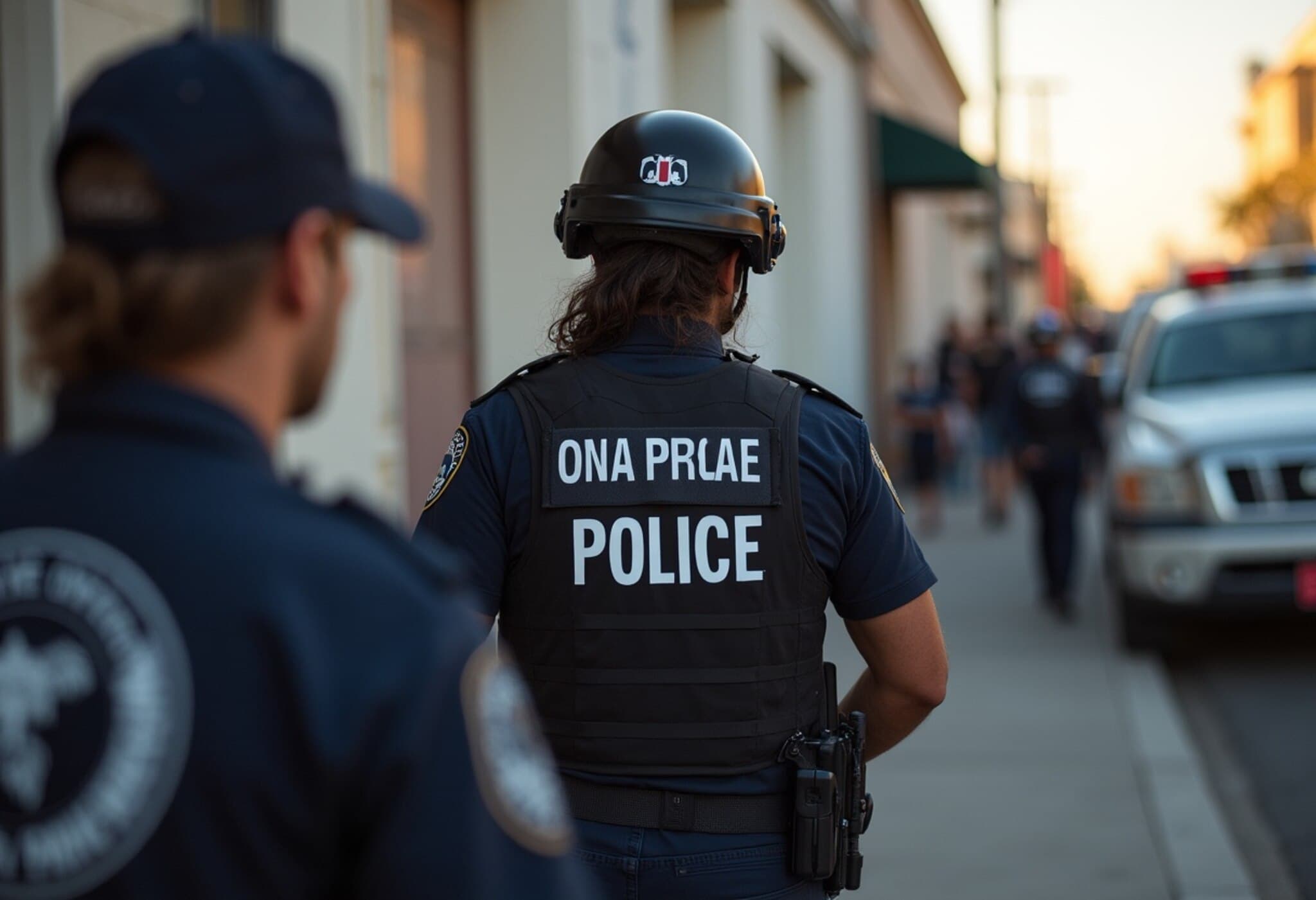Faith, Politics, and the Aftermath of the Trump Shooting
Along the rural route from Pittsburgh to Butler, Pennsylvania, the landscape is dotted with billboards quoting scripture—1 Corinthians and Psalm 27—and images blending American patriotism with spiritual symbolism. One particularly striking sign shows an American flag twisted into a shape resembling a "Y," an ambiguous symbol that has since stirred powerful emotions among locals and Trump supporters alike.
The Flag That Became a Symbol
On July 13, 2024, mere hours before Donald Trump addressed a rally at the Butler Fairgrounds, a large American flag hanging above the stage was caught by the wind, twisting unexpectedly. Many witnesses described the shape as angelic, a divine sign in the midst of an already tense event.
That rally became infamous when a gunman opened fire, critically wounding the then-77-year-old former president. Miraculously, Trump survived, his ear grazed by a bullet but his life spared.
Local Pastor Keith Karns of the Church of God at Connoquenessing recalled, "Some people thought it looked like an angel." That image swiftly entrenched itself as a potent symbol within the MAGA movement, a rallying point for supporters to view the shooting through a spiritual lens.
The Rise of a Divine Narrative in MAGA
This shooting marked a significant pivot in the religious undertones of Trump's political base. While whispers of messianism and divine backing had circulated—fueled in part by fringe groups like the QAnon offshoot Negative 48—the event concretized perceptions of Trump as an instrument of divine providence.
Ralph Reed, a seasoned evangelical strategist, observed, "It is difficult not to see the hand of providence in Trump’s survival of two assassination attempts, one narrowly missing by less than an inch." He noted that millions of supporters share this belief, underlining a profound intertwining of faith and political allegiance.
Evangelicals and Social Conservatives on the Rise Amid Declining Church Attendance
Interestingly, despite a national decline in regular church attendance—with only 37% of American adults attending religious services monthly by 2024 compared to 55% in 1972—the population of social conservatives and evangelicals engaged in politics has surged. Reed’s Faith and Freedom Coalition estimates a tenfold increase since the 1990s, emphasizing the growing political mobilization of religious groups even as traditional religiosity wanes.
This paradox partly stems from congregations demanding more politically aligned sermons, with pastors often acquiescing to retain membership. The Trump administration underscored this trend by relaxing regulations that prevented houses of worship from directly endorsing political candidates, further blurring the lines between church and state.
Personal Faith and Political Messaging
Though Trump himself has not been noted for personal piety, his role as a political figurehead for evangelicals remained unwavering. Following the shooting, his rhetoric took on more explicit spiritual undertones. In a newly published campaign book co-written by the original article's author, Trump reportedly reflected, "I’m not supposed to be here," acknowledging a sense of divine intervention in his survival.
Susie Wiles, a senior campaign advisor, reportedly told Trump, "You do know this is God," to which Trump began saying, "If anyone ever doubted there was a God, that proved there was."
Community Impact: The Story of Corey Comperatore
The shooting's human toll is captured poignantly by the loss of Corey Comperatore, a 50-year-old volunteer firefighter who died protecting his family during the attack. Comperatore had interacted with local families just minutes before, exemplifying the close-knit fabric of communities rallying around faith and patriotism.
Lisa Karns, Comperatore’s daughter-in-law, expressed the profound grief and existential questioning felt by many: "I felt like, ‘God, why take him? You could have taken me.’" Yet, amid sorrow, she found solace in viewing these events as part of a larger divine plan.
From Private Faith to Public Political Theater
The narrative of divine protection leapt from whispered conversations into the national spotlight during the 2024 Republican National Convention. Media personalities and key figures emphasized "divine intervention," with Tucker Carlson noting the transformation of Trump’s image from politician to almost a messianic figure.
Trump’s own family echoed these sentiments, positioning his survival as the grace of God and guardian angels, adding layers of spiritual legitimacy to his political comeback.
Rituals, Symbols, and the Strengthening MAGA Faith
- A wooden cross was visibly carried along roads surrounding subsequent rallies.
- Prayer circles convened, linking moments of trauma to biblical passages like the "armor of God" from Ephesians.
- Attendees reported visions and voices affirming their beliefs.
- The twisting flag itself took on recurring significance, interpreted as a divine sign reinforcing belief.
These communal rituals and symbols have deepened the spiritual fervor within Trump’s base, cementing their conviction that their cause transcends mere politics.
Key Takeaways and Broader Implications
The intertwining of faith and politics — especially in the MAGA movement — raises critical questions:
- What does the rise of explicit religious narratives around political figures mean for secular governance and pluralism in America?
- How can communities balance genuine faith expression with the risks of political idolization?
- What role should religious symbolism and rhetoric play in national political discourse?
As political movements worldwide grapple with their identities, the American example underscores how spiritual narratives can powerfully galvanize support—even amid national tragedy.
Editor's Note
One year after the near-fatal shooting of Donald Trump, the event has evolved into a potent symbol of divine favor for many within the MAGA camp. This shift illustrates how moments of crisis can deepen political identities through faith and myth-making, raising profound questions about the role religion plays in contemporary American politics. Observers should watch closely how this powerful fusion shapes future electoral landscapes and social cohesion.

